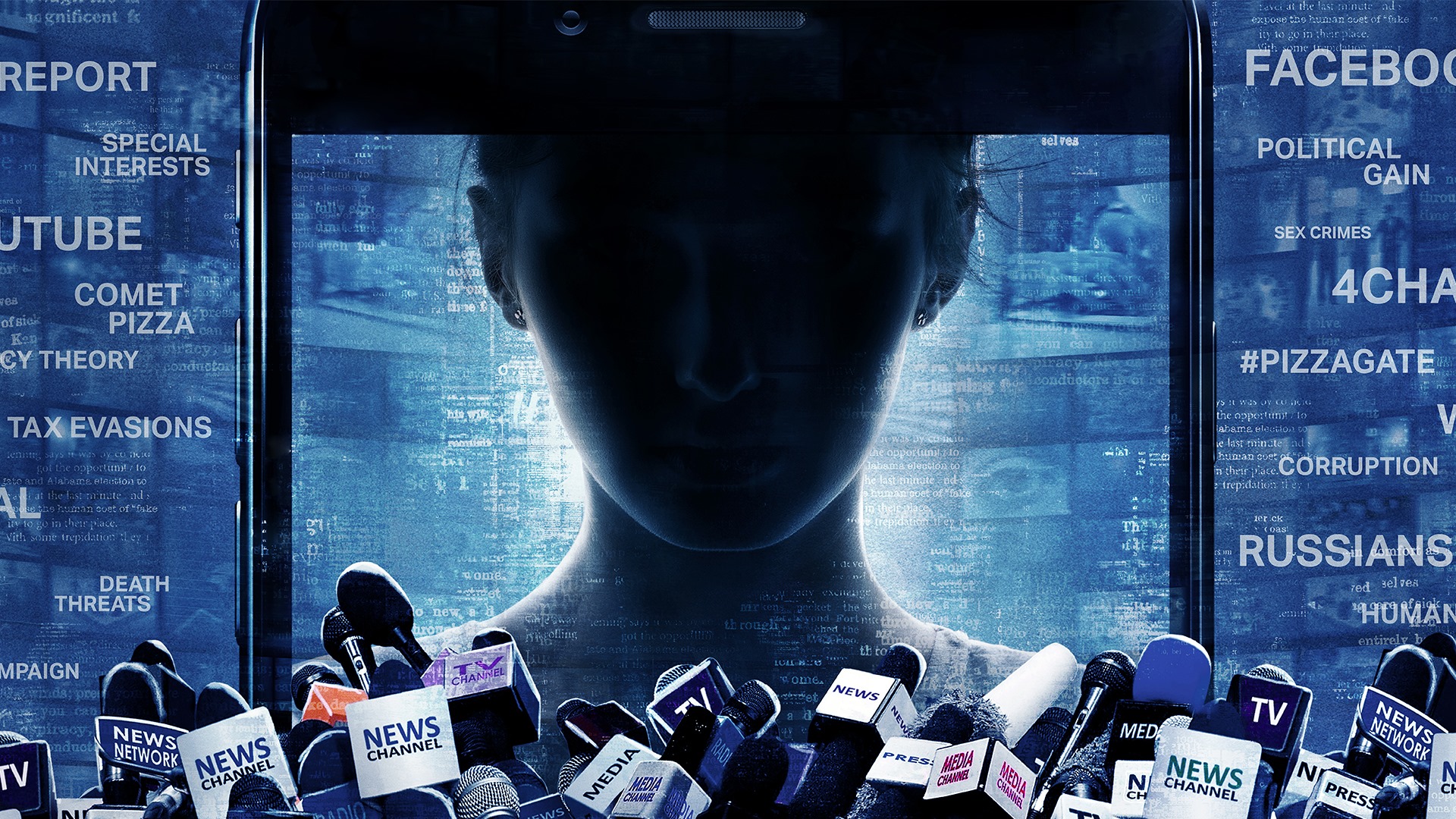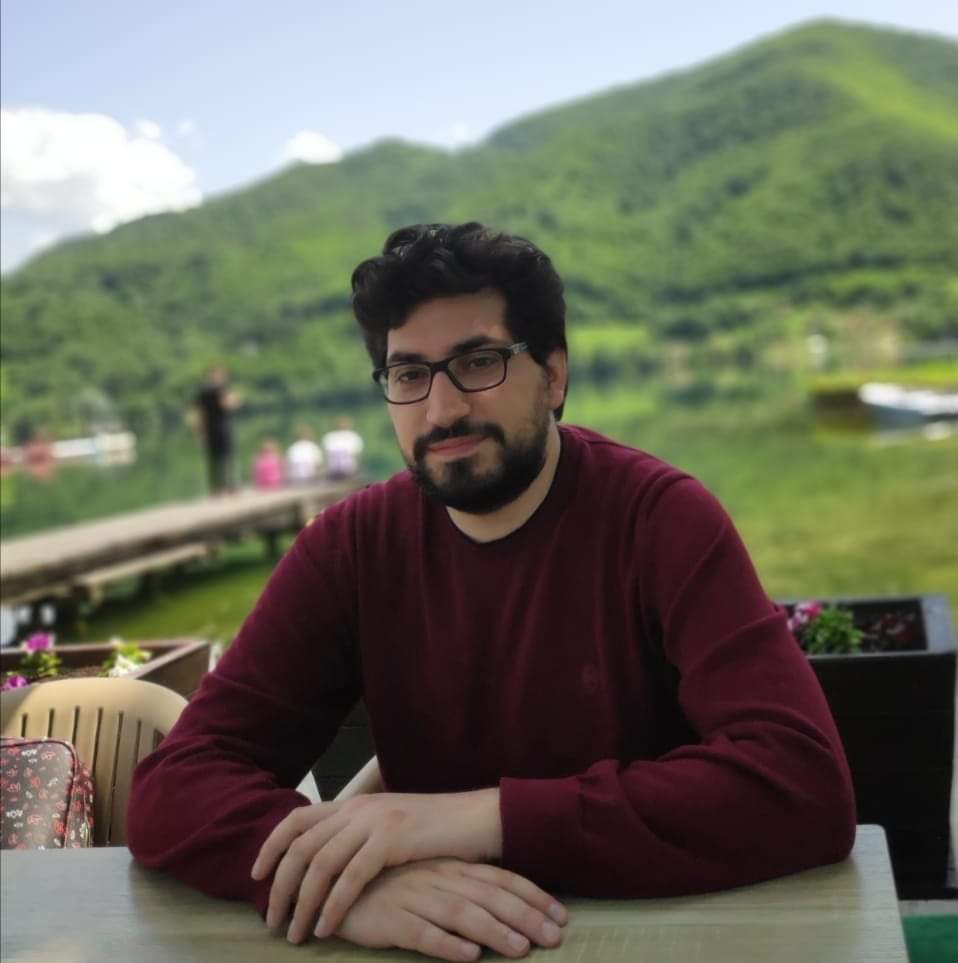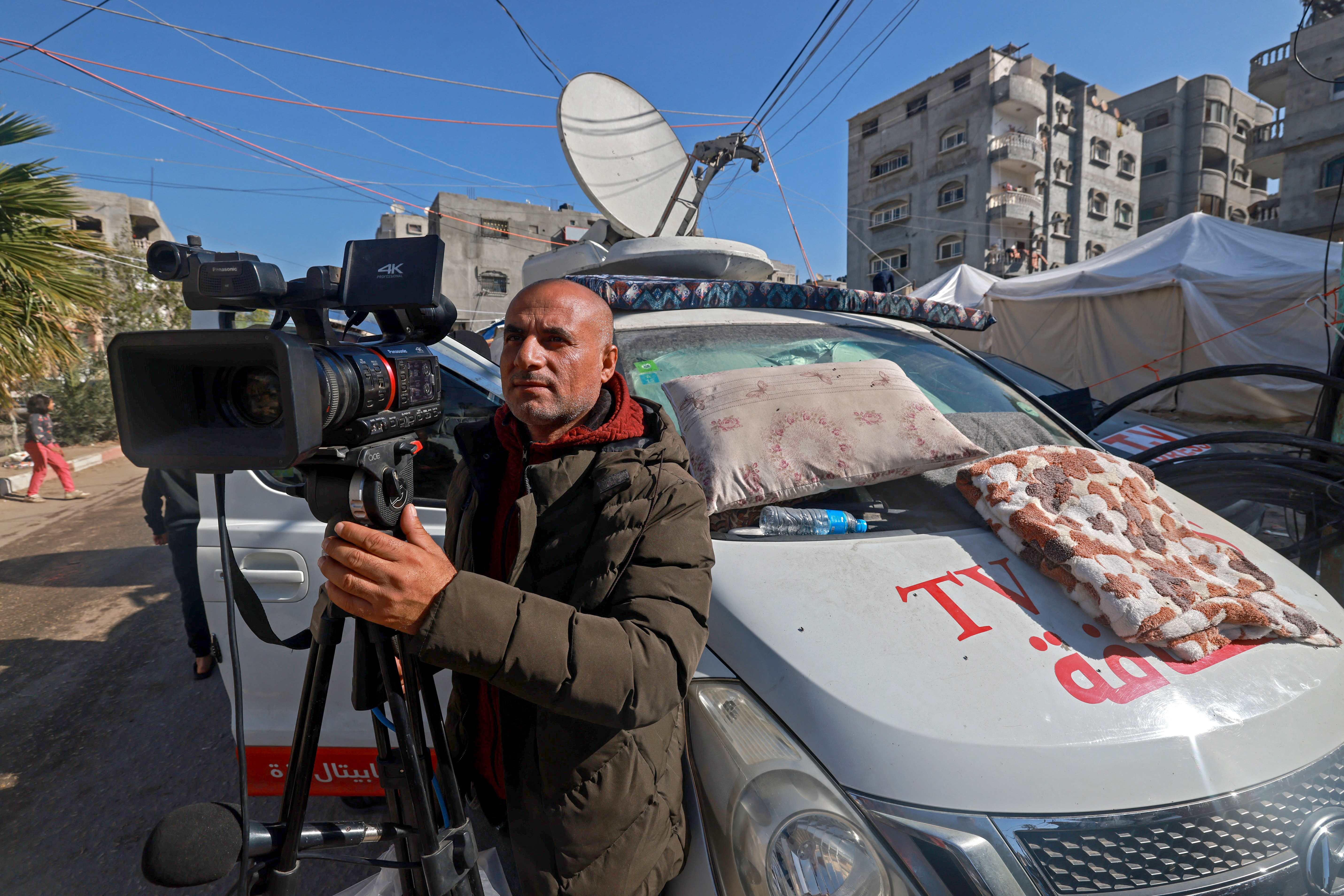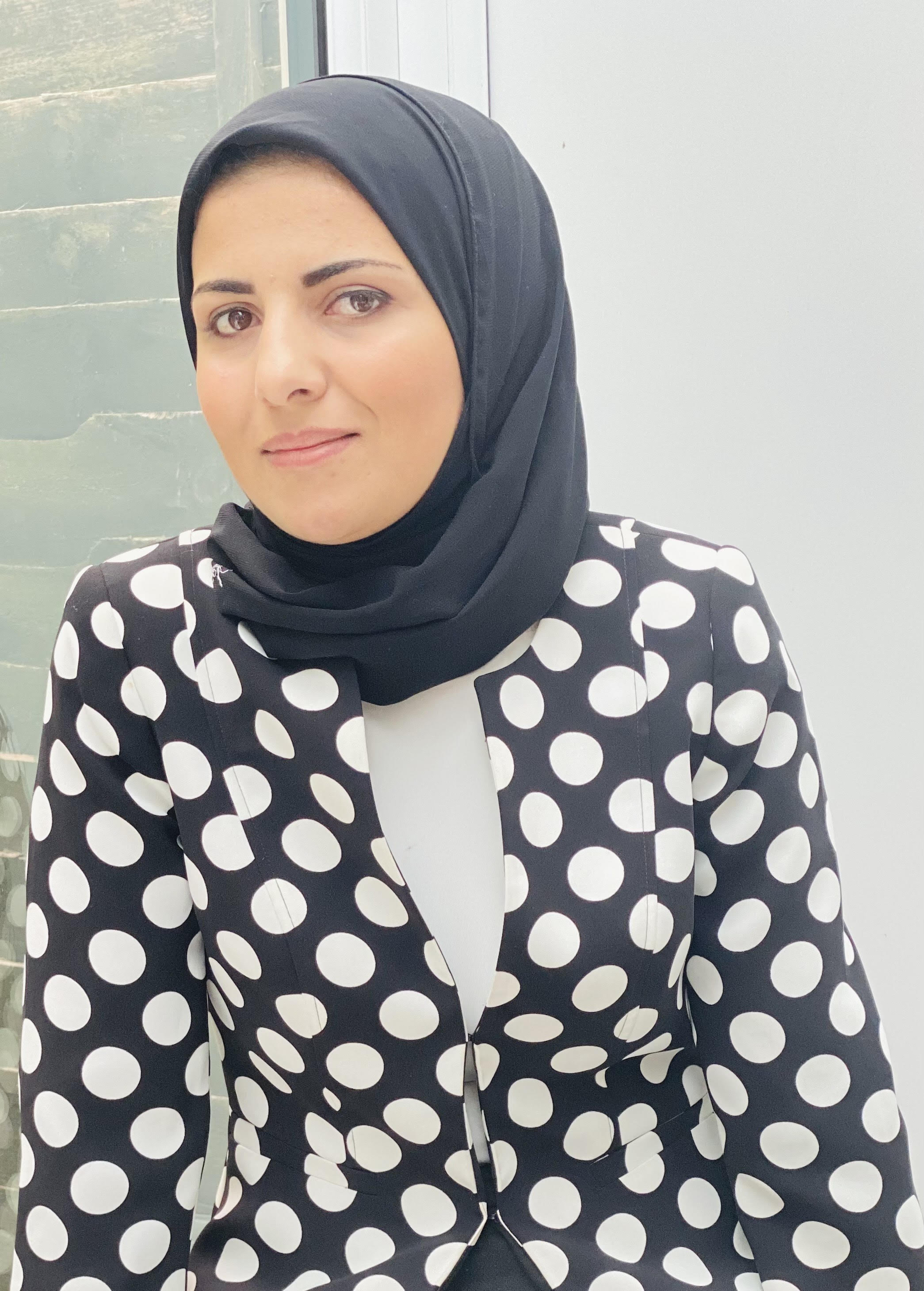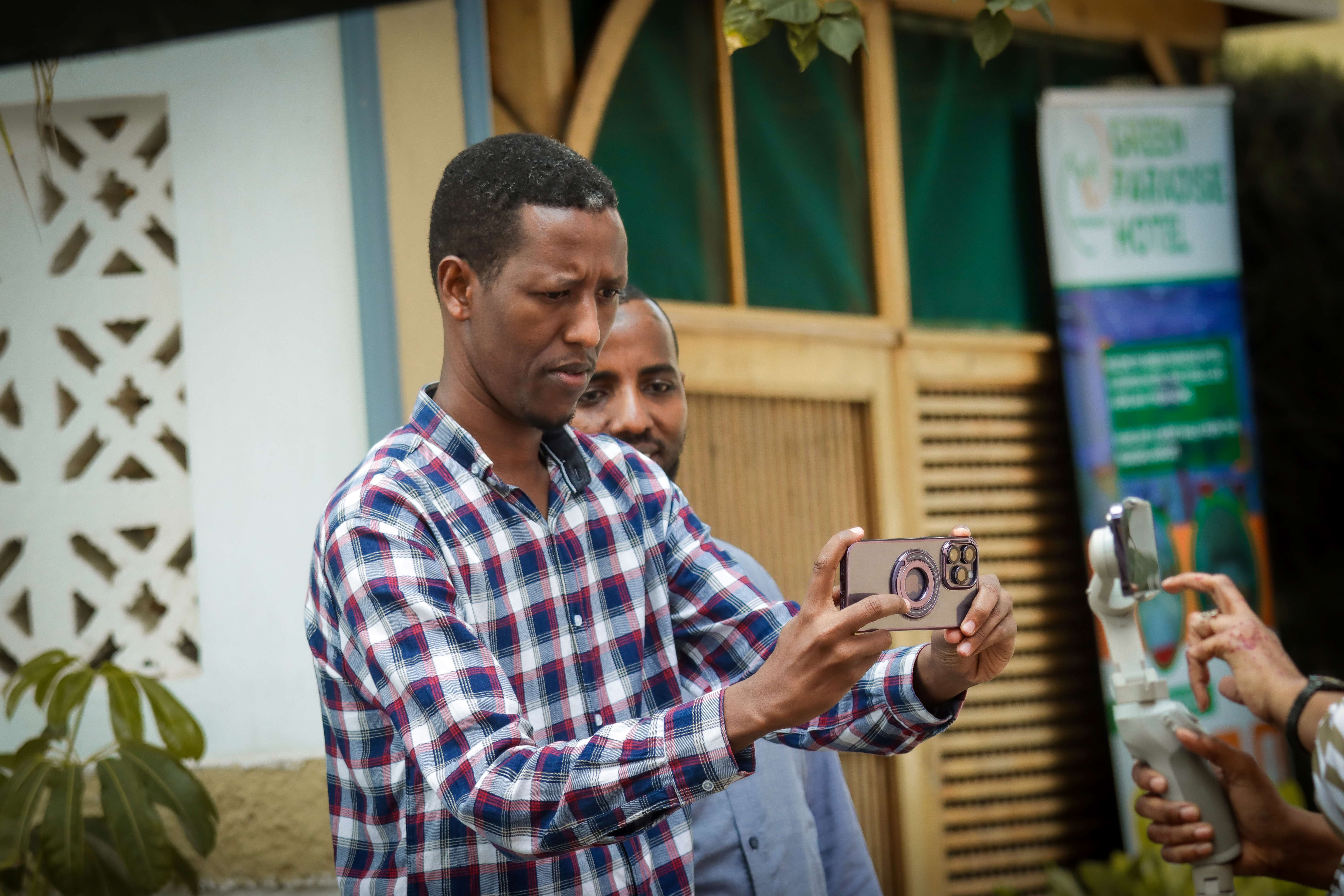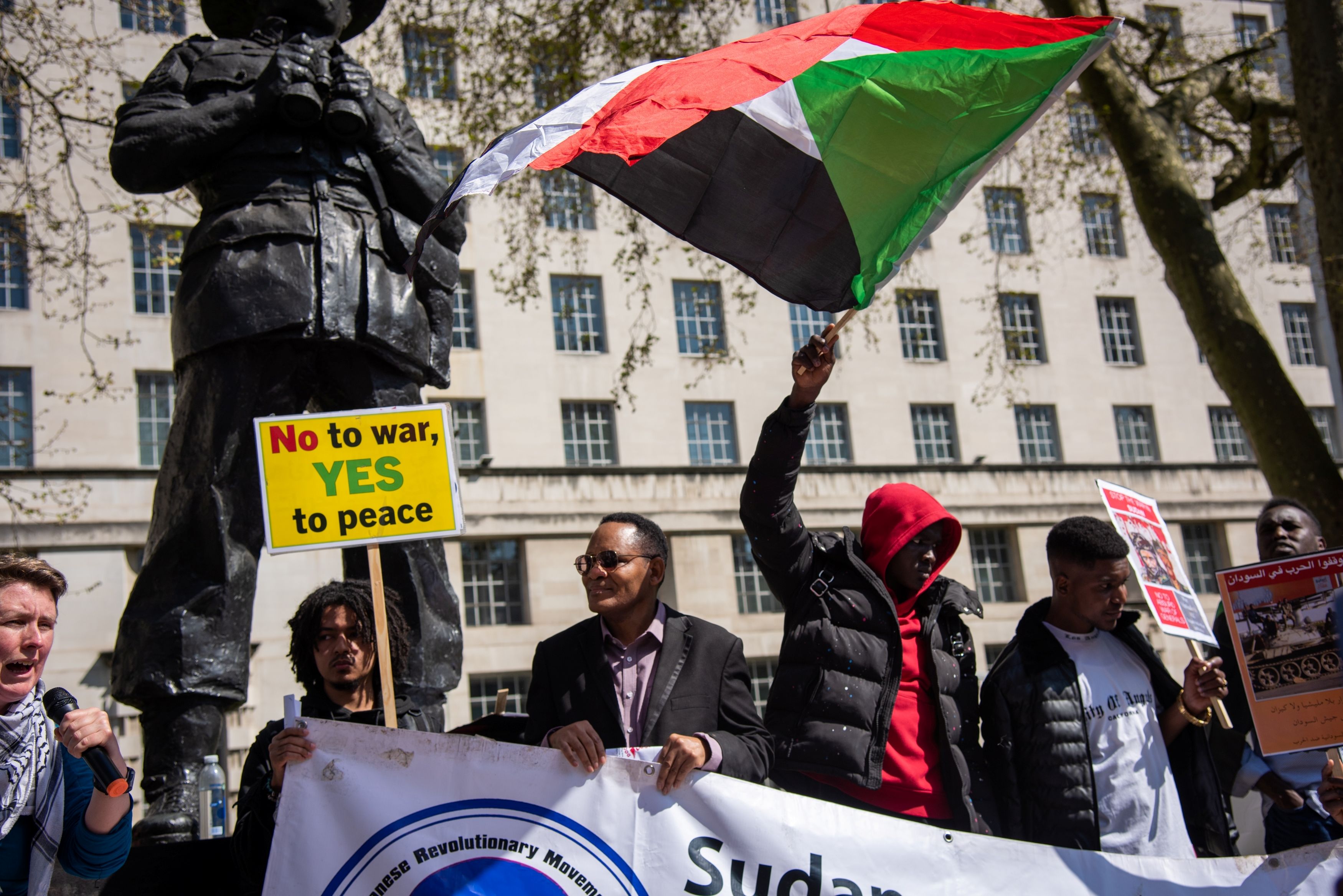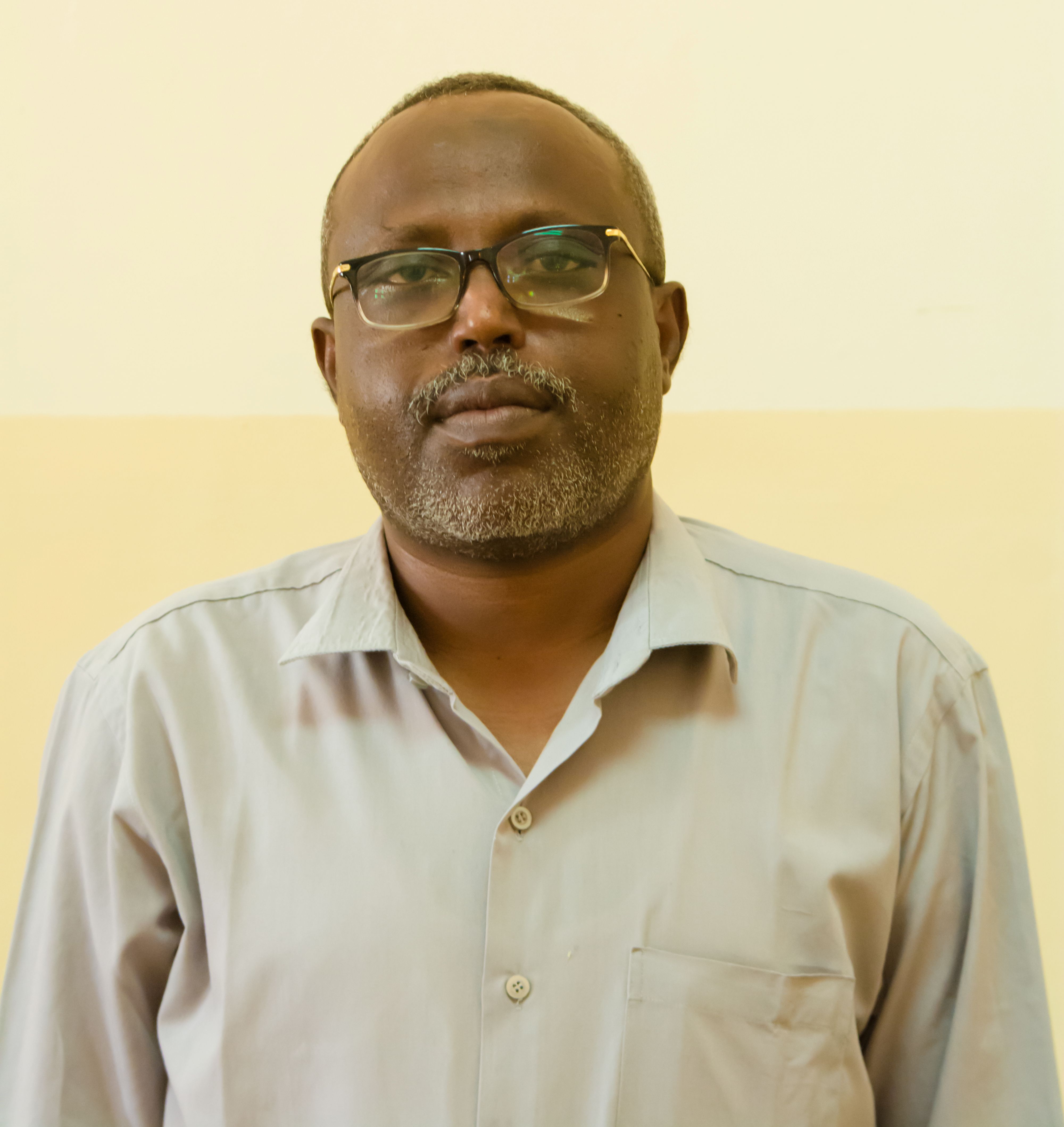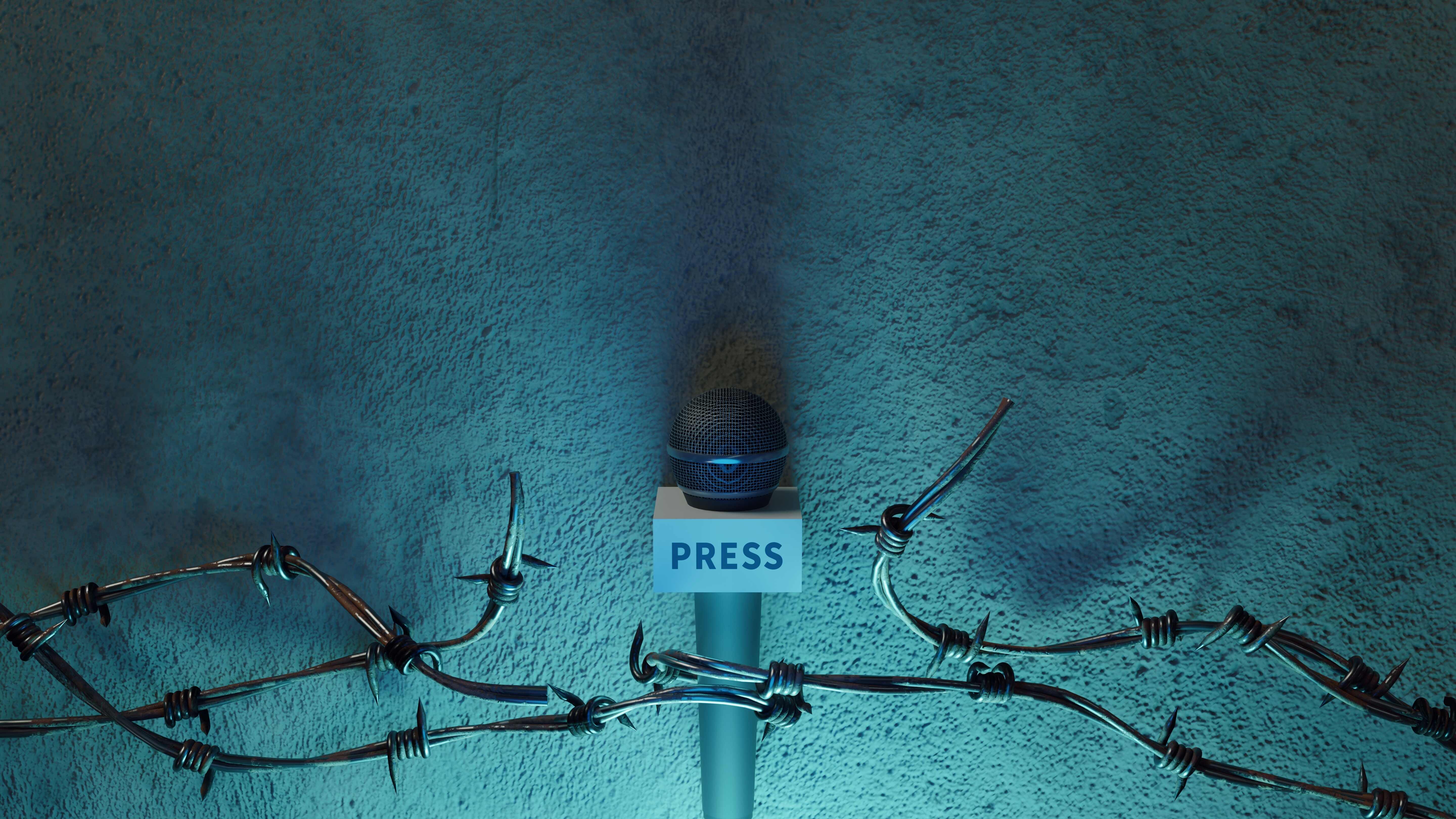سياسة، ثقافة، مجتمع، علوم، وباء، رياضة، صحة، غذاء... وكوكب يغرق في الأخبار الزائفة. كل هذا وأكثر موصوف بتفاصيله في الوثائقي "وراء الحقيقة: التضليل وتكلفة الأخبار الزائفة" للمخرج الأميركي أندرو روسّي.
أراد روسّي عبر الوثائقي أن يرينا كمية الأخبار الزائفة المنتشرة في العالم، وخاصة في أمريكا، وكيف أنها تؤثر على البانوراما السياسية والاقتصادية والاجتماعية لأي دولة.
جمع الوثائقي شهادات من مواطنين، وسياسيين من الكونغرس، وخبراء اتصالات، وصحفيين من وسائل إعلام مثل واشنطن بوست ونيويورك تايمز...إلخ. والجميع ضحايا موجة المعلومات المضللة.
بوثائقي رصين، يتعامل روسّي مع ظاهرة التضليل الحالية المؤلمة، وكيف أنها أصبحت جزءا من البيئة اليومية للحياة، ويركز على ثقل الأخبار الكاذبة في حياة البشر، وخاصة في السياسة.
يشرح روسّي من خلال العديد من المقابلات، والتقارير كيف يتم إنشاء هذه الأخبار ودوافعها السياسية أو الاقتصادية وأهمية التكنولوجيا ووسائل التواصل الاجتماعي في نشرها.
في الفيلم دفاع مفتوح عن الحاجة إلى مواجهة المعلومات المضللة، مع التزام حازم بصرامة الحقيقة والعمل الجاد لوسائل الإعلام على أهمية المصادر والبيانات الحقيقية وضرورة فهم نسبية الحقيقة.
بدون بلاغة سينمائية وبنبرة هادئة، ومن خلال جمع الشهادات، وعرض التقارير والأخبار من التلفزيون ووسائل التواصل وقناة "يوتيوب" يقدم روسّي وثائقيا مرعبا. يظهر لنا الوثائقي العواقب السياسية والاجتماعية والاقتصادية للأخبار الزائفة، وعدم عقلانية من يصدقها ووقاحة من يصنعها ويطلقها.
من خلال نظريات مؤامرة زائفة مثل "بيتزاغيت"، ومؤامرة حول اغتيال موظف في اللجنة الوطنية الديمقراطية، والعديد من المؤامرات التي انتشرت في العصر الحديث؛ يدعم الوثائقي حجته، ويركز بشكل أساسي على ضحايا هذه الأكاذيب وما عاشوه بأنفسهم. تسير هيكلة الوثائقي سعيا وراء قراءة الواقع الجديد الذي نعيش فيه، ويحاول أن يقدم للجمهور ما يحدث بالفعل في مجتمعاتنا. تبدو الحرب الجديدة وكأنها حرب أيديولوجية بحتة، يتم فيها تقديم وسائل الإعلام -وخاصة وسائل التواصل الاجتماعي- على أنها أسلحة جديدة للمتحاربين.
حسب الوثائقي، فإن مصطلح الأخبار الزائفة، يعود أصله إلى الانتخابات الرئاسية الأمريكية لعام 2016م في الولايات المتحدة الأميركية. عندما اتهم المرشح الرئاسي آنذاك، دونالد ترامب، شبكة "سي أن أن" بأنها تنشر أخبارا كاذبة عن حملته في ولاية تكساس. الآن، الأخبار الزائفة، هي خبزنا اليومي.
هذه الأخبار يتم طهوها ونشرها في سياق محدد ومدروس من قبل أحزاب سياسية لأهداف معينة، أو من أشخاص عاديين يعيشون خارج الواقع الملموس. ولا يقتصر الوثائقي على عالم نظريات المؤامرة لألكس جونز (منظر مؤامرات شهير في أميركا) وزملائه، ولكنه يدخل هذه الأخبار في سياقنا اليومي، مما يؤدي إلى نتائج وخيمة.
يتطرق الوثائقي إلى سؤال "ما هي الحقيقة؟" يمكننا القول إن "الحقيقة هي ما هو حقيقي"، ولكن من الصعب علينا تعريفها بهذه البساطة.
والحقيقة من وجهة نظر سياسية وثقافية هي كل شيء ينأى بنفسه عن أي موقف أيديولوجي، ويغطي الأحداث ولا يشوه وظيفة الصحافة وهي الإخبار. ويمكن تعريفها أيضا بأن "الحقيقة هي ما ليس زائفا". هذه النظريات الكثيرة -والتي جميعها صحيحة- في مكان ما، أصبحت معقدة أكثر مع "الأخبار الزائفة".
اليوم في مجتمعاتنا، لدينا "ما وراء الحقيقة". بمعنى إذا كانت الكذبة هي خلق معلومة باستخدام بيانات خاطئة غير موجودة، فإن "وراء الحقيقة" هي كذبة تستند إلى بيانات حقيقية، مما يجعل رفضها أكثر صعوبة، وهذا بالتحديد ما يستعمل في الأخبار الزائفة. على هذا الأساس يقول روسّي: "عندما تحاول تكذيب هذه القصص الكاذبة، فإن الأشخاص الذين يصدقونها يكررونها أكثر وينشرونها أسرع، نحن نعيش في عصر تكون فيه المعلومات سلاحا، أشك بأن الناس يعرفون الحقائق من الحقيقة، إنهم يصنعون الحقيقة الخاصة بهم، كيف نحكم على القصص الكاذبة؟ ما هي الحقيقة؟"
في الوثائقي، يظهر أحد أعضاء جماعة "ممارسة الضغط في واشنطن" جاك بوركمان الذي يستخدم الأكاذيب لتحقيق هدفه وهو القائل: "الواقع غير موجود، مجرد تصور؛ إذن الحقيقة غير موجودة".
قارن أحد الصحافيين "الأخبار الكاذبة" بــ "الاستحمام في القمامة". وبالفعل يقدم هذا الوثائقي موقفا صعبا للغاية. يعرّف المشاهدين على هذا السم، ولكنه لا يقدم إجابات واضحة. ليس لأنه لا يريد ذلك، بل ببساطة لأنه ليس هناك إجابات واضحة.
إن جزءا من هذا الوثائقي، يصور الأخبار المزيفة بأنها ليست سوى أداة سياسية، وأن الصحافة الجيدة يمكنها إيجاد حل لها. وهذا صحيح جزئيا، ولكن يقول لنا الوثائقي: إن المشكلة أكبر من ذلك بكثير. لا يمكننا تحرير المواطنين من المسؤولية، وتصويرهم على أنهم ضحايا فقط؛ لأن عددا كبيرا منهم، هم من أسباب هذه المشكلة.
وهذه معضلة اجتماعية تضاف على المعضلة الفلسفية المتمثلة بسؤال: "ما هي الحقيقة؟" لذلك من أجل فهم عواقب المشكلة، من الضروري لكل واحد منا فهمها بشكل كامل، والتأكد منها؛ لأنها مسؤوليتنا جميعا، خاصة في الوضع الحالي الذي نحن فيه مع الوباء، حيث كل المعلومات التي لدينا تأتي من الشاشات التي بين أيدينا.
